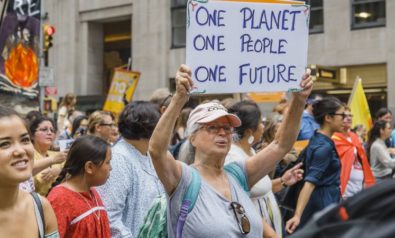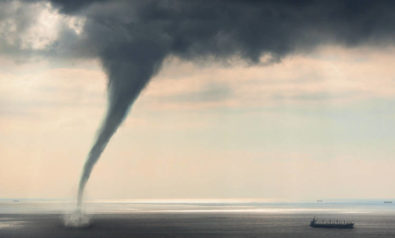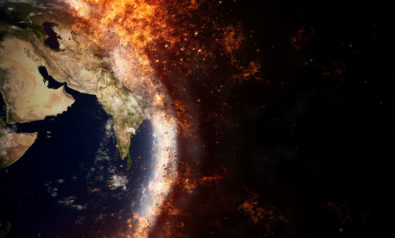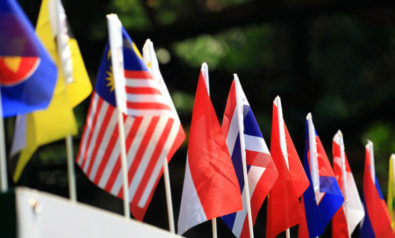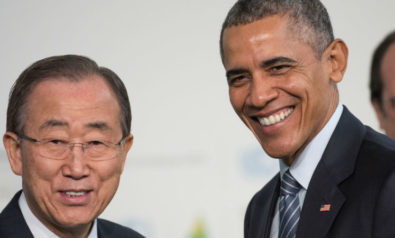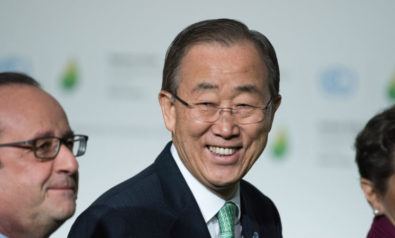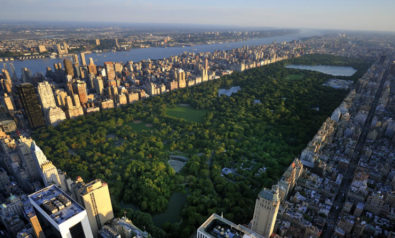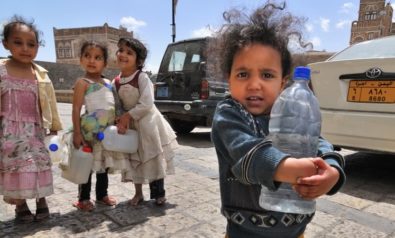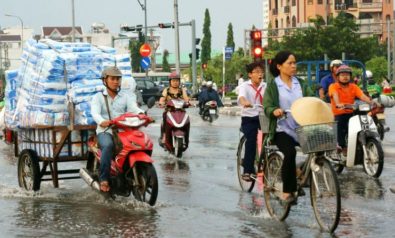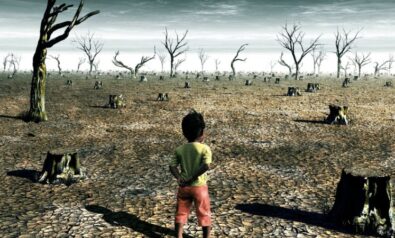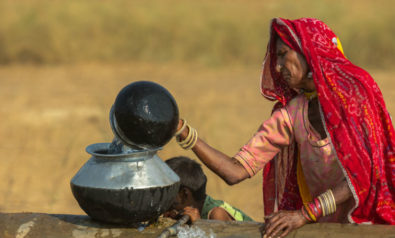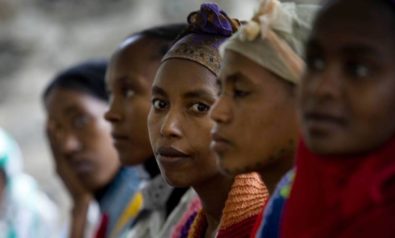Civil society organizations are ideal watchdogs to ensure climate change policies are implemented.
Civil society organizations (CSO) have been the quintessential watchdogs of any society on any issue. In the fight against climate change, they represent the voices of the most vulnerable.
CSOs around the world have promoted policies on climate change and ensured that marginalized people’s interests are represented in national climate policy for many years. For instance, Bangladeshi and South Asian civil society groups such as the South Asian Alliance for Poverty Eradication (SAAPE) and LDC Watch criticized the formulation process of Bangladesh’s Climate Change Strategy and Action Plan (BCCSAP), which was financed via a multi-donor trust fund. They noted that the planning of the fund lacked transparency as CSOs were excluded from the process, and that the financing of the BCCSAP could be detrimental to Bangladesh as it involves loans from international financial institutions and would increase the country’s debt burden.
Commitment to Action
Recognizing the exacerbating impacts of climate change and the need for global action, governments from around the world made pledges termed as Intended Nationally Determined Contributions (INDC) at the United Nations Climate Change Summit in December 2015.
Going forward from Paris, the biggest challenge is transforming those commitments to concrete action. For a number of reasons, civil society organizations are the perfect watchdogs to breathe down the neck of governments that might be slacking on their promises to cut carbon emissions, reduce global warming and safeguard vulnerable citizens.
Climate change cannot be effectively addressed without engaging local individuals and institutions. Having grassroots reach and being closest to local problems, CSOs can be the voice of the people. Hence, they are best-suited to increase adaptive capacity of communities, as well as to ensure climate finance is channeled to those most in need.
This is important as the adaptation plans of many nations, including Bangladesh, are top-down in their approach, while climate change is experienced locally, primarily by people on the peripheries such as the low-lying coastal areas of Bangladesh, which are prone to inundation due to a rise in sea level.
Powers of Advocacy
CSOs can also play a key role in increasing citizen representation and engagement in shaping the national climate policy agenda. By leveraging powers of advocacy and activism, CSOs can increase awareness on climate change for people most vulnerable to it such as women, who are more susceptible to climatic impacts than men due to prescribed gender roles and responsibilities.
Civil society organizations can also act as a bridge between climate change research institutions and the mass population, creating more informed citizenry. This can empower them to better articulate their concerns and adaptation needs to local level government officials. Thus, they can ensure that the needs of those impacted the most by climate change are properly presented and heard by donors and policymakers.
In the aftermath of the historic Paris agreement that aims to keep global temperature rises below catastrophic levels, many civil society organizations are already making headway in their roles as watchdogs for climate action. They are advocating for making the INDCs legally binding, so that these contributions would no longer be merely “intended,” but mandatory.
Some CSOs have published a report which shows that the submitted INDCs, if implemented, would only reduce emissions by less than half of what is required over the next 15 years, as most developed countries are not picking up their fair share of mitigation, given their historic emissions and capacity for action.
There is no denying the vital role of civil society organizations today in transforming the words of politicians into action and holding world leaders accountable. Going forward, the role of civil society organizations would be increasingly crucial if we are to ensure our planet stays on a sustainable development trajectory and that the voices of the vulnerable are heard.
The views expressed in this article are the author’s own and do not necessarily reflect Fair Observer’s editorial policy.
Photo Credit: Md. Hasanul Banna / Shutterstock.com
 We bring you perspectives from around the world. Help us to inform and educate. Your donation is tax-deductible. Join over 400 people to become a donor or you could choose to be a sponsor.
We bring you perspectives from around the world. Help us to inform and educate. Your donation is tax-deductible. Join over 400 people to become a donor or you could choose to be a sponsor.
Support Fair Observer
We rely on your support for our independence, diversity and quality.
For more than 10 years, Fair Observer has been free, fair and independent. No billionaire owns us, no advertisers control us. We are a reader-supported nonprofit. Unlike many other publications, we keep our content free for readers regardless of where they live or whether they can afford to pay. We have no paywalls and no ads.
In the post-truth era of fake news, echo chambers and filter bubbles, we publish a plurality of perspectives from around the world. Anyone can publish with us, but everyone goes through a rigorous editorial process. So, you get fact-checked, well-reasoned content instead of noise.
We publish 2,500+ voices from 90+ countries. We also conduct education and training programs
on subjects ranging from digital media and journalism to writing and critical thinking. This
doesn’t come cheap. Servers, editors, trainers and web developers cost
money.
Please consider supporting us on a regular basis as a recurring donor or a
sustaining member.
Will you support FO’s journalism?
We rely on your support for our independence, diversity and quality.




